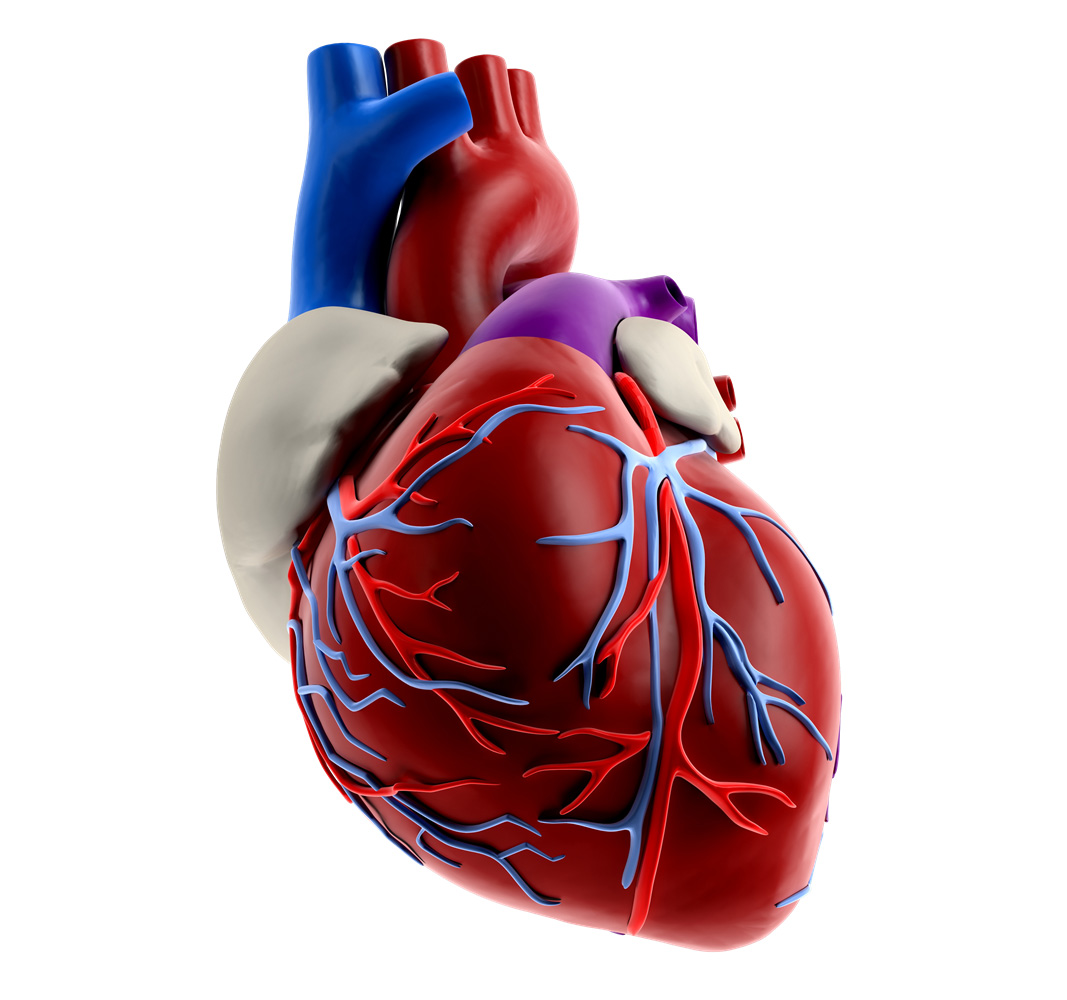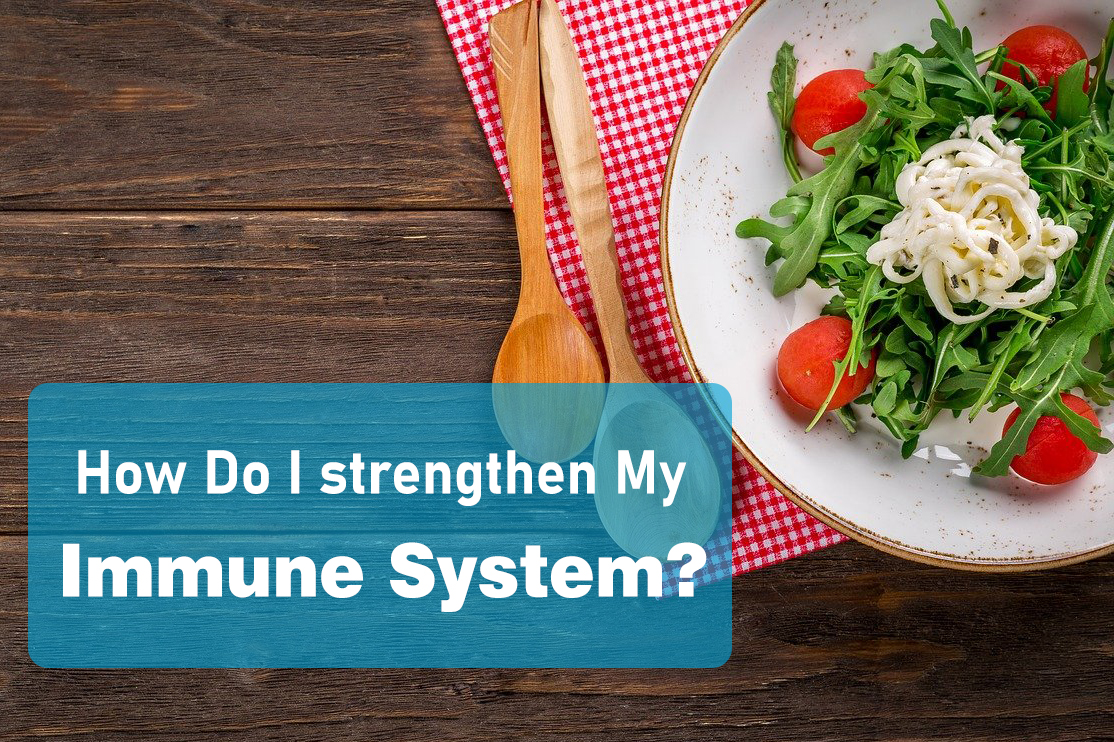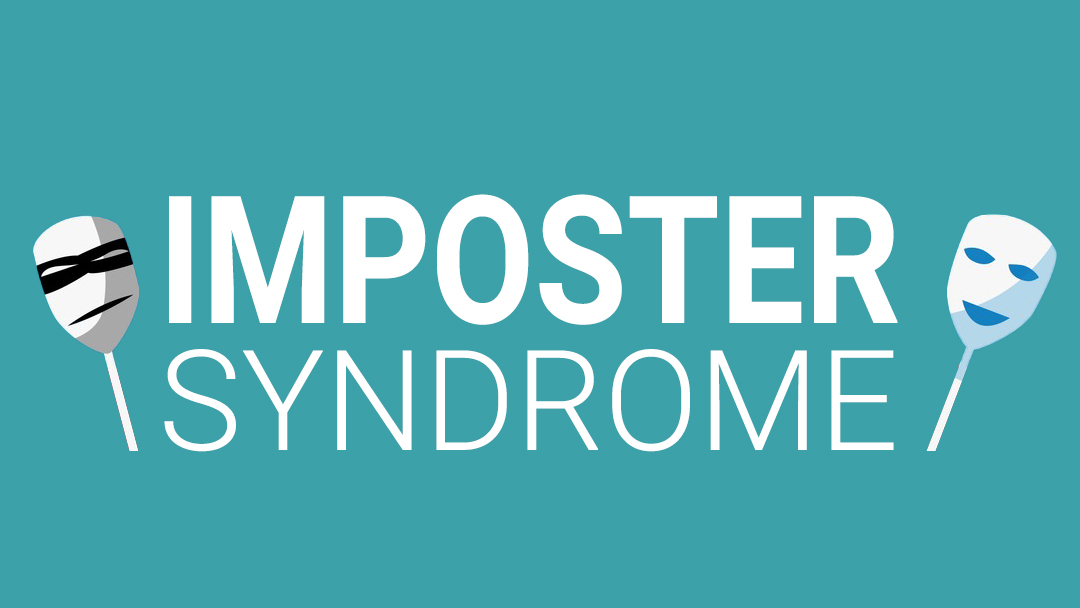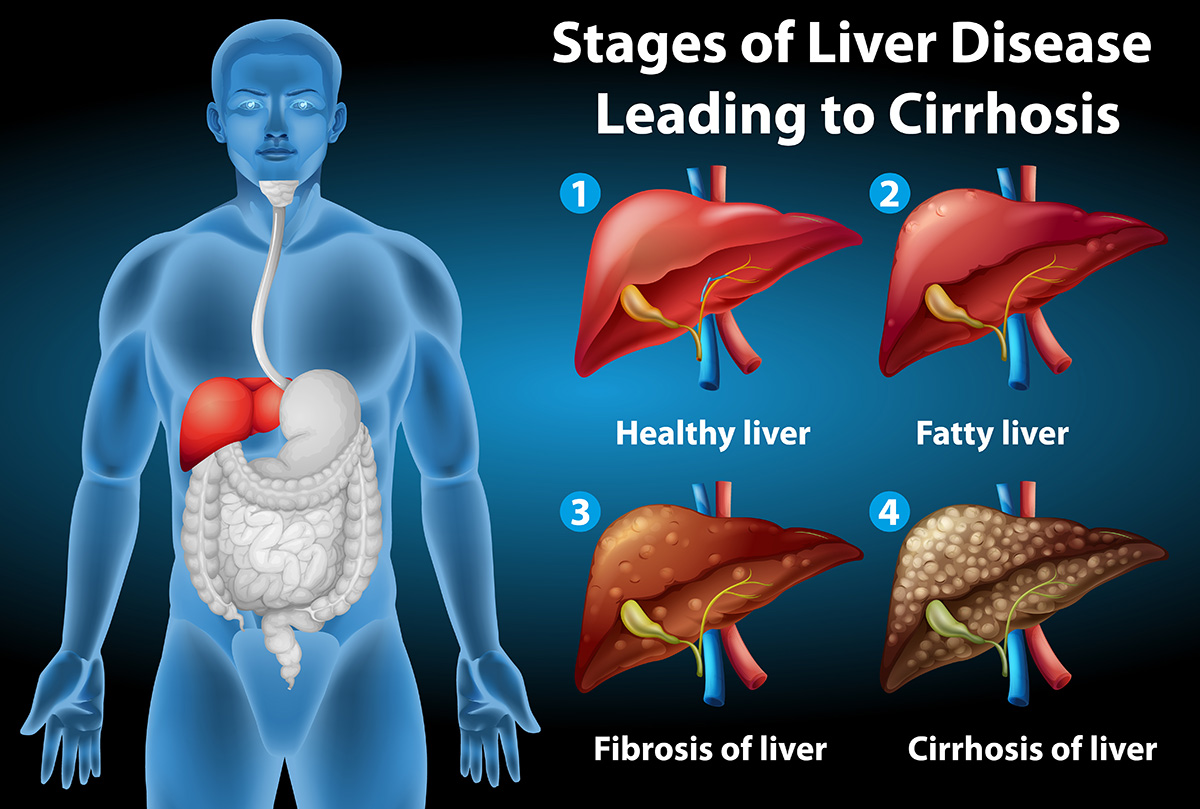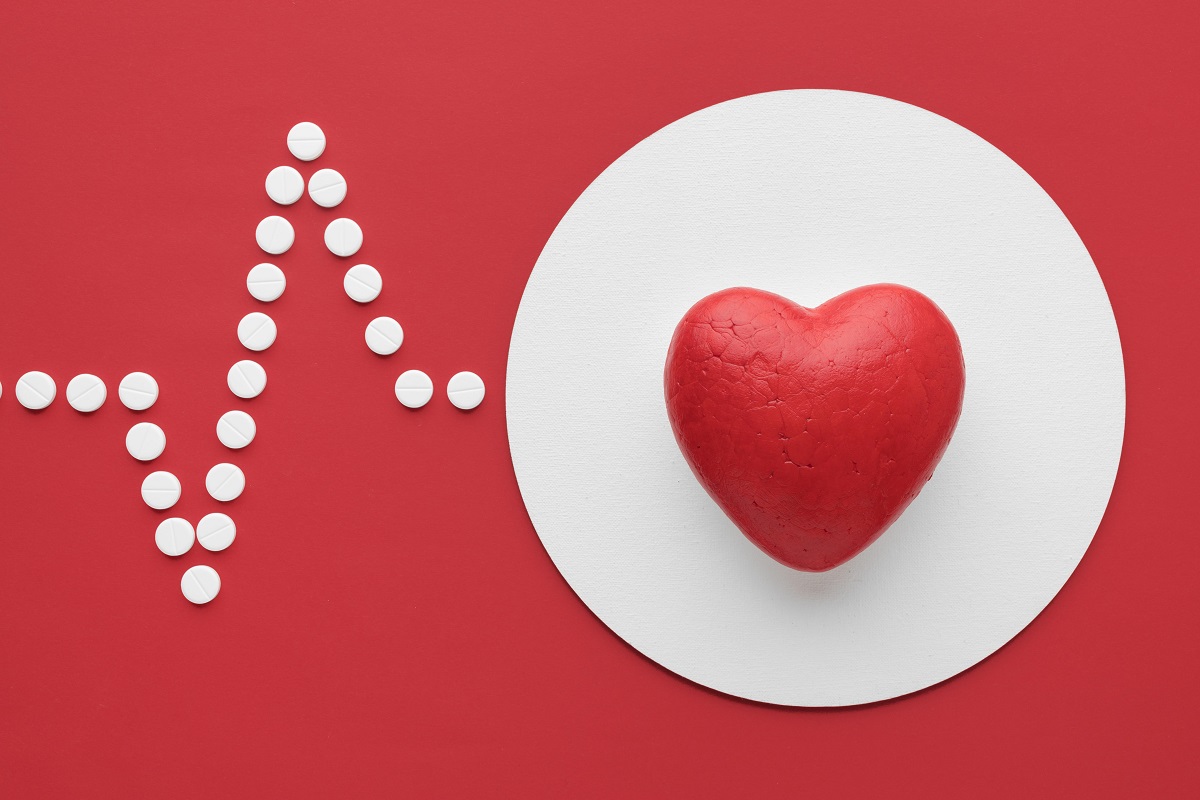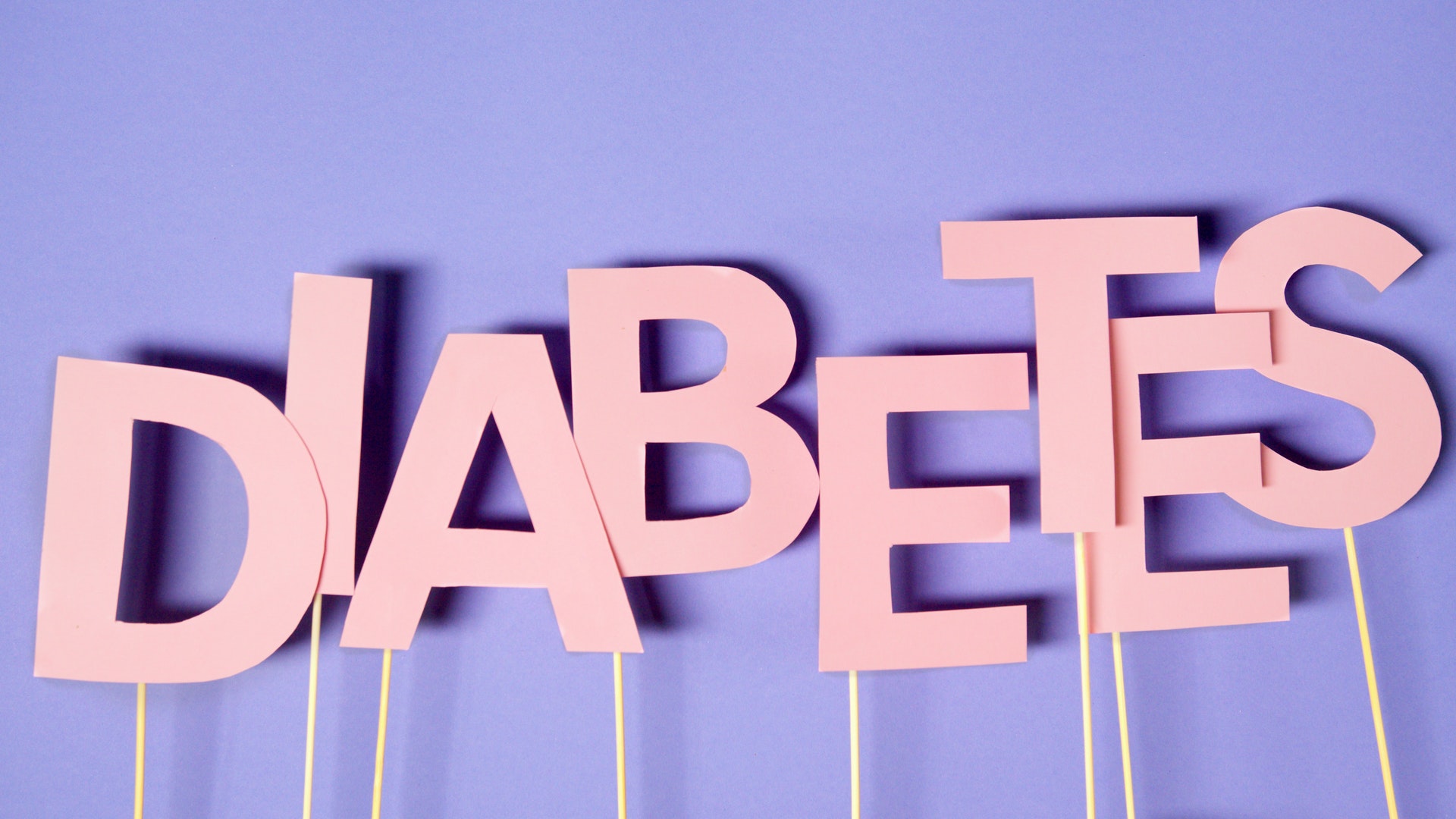What is Heart Disease?
Heart Disease includes Coronary Artery Disease, Heart Rhythm Problems - or Arrhythmias, Heart Valve Disease, Heart Infections, Disease of the Heart Muscle, Congenital Heart Defects - heart defects you are born with.
What is Coronary Artery Disease?
Coronary Artery Disease or Coronary Heart Disease is a disease in which there is a narrowing or a blockage of the blood vessels that supply the heart with blood, nutrients, and oxygen. It is usually caused by a build-up of plaque inside the coronary or heart arteries, often caused by atherosclerosis (cholesterol containing deposits inside the arteries).
How do you get Coronary Artery Disease?
Heart disease is typically caused by poor diet and lifestyle choices. Poor diet and lifestyle can cause inflammation to the inside of your arteries which causes micro tears to the lining of the arteries. This in turn causes cholesterol or fatty deposits to coat the lining of the arteries. This becomes plaque, which continues to build up and starts to harden. The plaque buildup can cause severe narrowing of the arteries and can also break off a tiny piece which then can become lodged in an artery and block blood flow. The severe narrowing or blocked blood flow can cause a heart attack or angina (heart pain). If this tiny piece of plaque flows with the blood to the brain and becomes lodged then you may have a stroke.
What symptoms does a heart attack or angina (heart pain) cause?
Signs and symptoms may be vastly different for different people. Women tend to have different symptoms than men - usually but not always. Men typically have chest pain in the centre of their chest. Many describe it as an elephant sitting on its chest. The pain may sometimes feel more like a squeezing or tightness around their chest. Women tend to have more of discomfort in their chest, along with extreme fatigue, no energy, nausea, shortness of breath.
Signs and symptoms for both men and women generally can include one or more of:
Chest pain, chest tightness, pressure or discomfort, shortness of breath - that feeling that you just can’t get enough air into you, nausea, extreme fatigue, light headedness or dizziness, aching or numbness to the left hand, arm or shoulder, (sometimes both arms may feel aching or numbness), pain may be felt in the jaw, neck, throat, even through to your back. Some people have complained of an awful toothache and go to the dentist only to be sent to the hospital if the dentist doesn’t find anything to cause the ache. Many people describe it as heartburn as they feel pain in the epigastric area or upper abdomen.
Some may have Arrhythmia problems, that is their heartbeat is abnormal. It can be too fast, too slow, feels like skipped beats or a fluttering in their chest. Some may faint or feel like they’re going to faint.
If you or a loved one are experiencing any of these symptoms call 911 immediately if you are in North America. or 999 if you are in UK
Do NOT drive yourself to a hospital. Paramedics are trained to begin heart treatment as soon as they arrive at your door.
How does the Heart Work?
The heart is basically a pump. An amazing display of the supernatural inside every human being! It has 4 chambers divided into left and right, upper and lower chambers. The upper chambers are called atria, left atrium, and right atrium. The lower chambers are the ventricles, left ventricle, and right ventricle. The atria receive the blood - the right atrium receives the blood from the body through the inferior and superior vena cava, then through the tricuspid valve into the right ventricle. When the ventricle is full the valve closes to prevent back flow when the heart again contracts. The right ventricle pumps it to the lungs through the pulmonic valve and into the pulmonary artery than to the lungs where the blood dumps the carbon dioxide from the body and takes in fresh oxygen and then is pushed into the left atrium from the pulmonary vein. When the left atrium contracts it pushes the blood into the left ventricle through the mitral valve. Once the left ventricle is full the mitral valve closes and the left ventricle pumps the blood out into the body through the aorta.
The heart receives it’s own supply of blood from the coronary arteries. These coronary arteries start in the area where the left vertical meets the aorta. There is the right and left main coronary. The right main supplies the right atrium, right ventricle, then branches off to the posterior descending artery, which supplies blood and oxygen to the bottom of the left ventricle and the back of the septum which is the tissue that separates the left from the right heart. The left main splits off into the circumflex artery to supply blood to the left atrium and left ventricle at the back, and the left anterior descending artery to supply blood to the front of the septum and the front and bottom of the left ventricle.
As you can imagine, the left ventricle is the largest chamber of the heart as it has the biggest pumping job to do sending blood out to the brain and the body.
What are Common Risk Factors for Heart Disease?
Age: the older one gets the more chance there is of accumulation damage and atherosclerosis to your blood vessels. It takes years of poor diet and stress to build up. Although, heart disease is seen as a disease of older people it is not so uncommon anymore for people in their 20’s and 30’s to have a heart attack.
Sex: Men are generally at higher risk of heart disease, the incidence in women is steadily climbing, and almost matches that of men after women reach menopause.
Family History: A family history of heart disease can increase your risk of developing it yourself, especially if a parent or sibling developed it at an early age. Nature vs nurture. Did you learn the same unhealthy lifestyle habits from your parents? Do you have the same coping habits you learned from your parents? Stress can play a huge role in the development of any disease.
Poor diet: A diet high in processed foods including processed fat and sugar will contribute to the development of heart disease. The best diet is one that includes whole foods and a plant based diet. No complicated ingredient lists and no chemical additives and preservatives.
High Blood Pressure: Uncontrolled blood pressure can damage your arteries and cause plaque to build up. High blood pressure also makes your heart pump harder to push against the pressure in your arteries.
Diabetes: Uncontrolled Diabetes can cause inflammation and damage your arteries, your organs, including the heart, and your brain. It’s like rusting from the inside.
Obesity: You can be heavy and healthy but the habits that lead to obesity are often the same habits that lead to disease.
Stress: Not handling stress well and not having sufficient coping skills can also cause inflammation inside the body. The hormones of stress constantly present can lead to disease, including heart disease. We all live stressful lives. It’s how we handle the day to day stresses that allow us to live another day.
How do I prevent Heart Disease?
Change your diet: The best diet is one that includes whole foods. That means no processed foods, nothing that is made with chemicals or preservatives, no ingredients that you wouldn't find in your own kitchen, nothing with multi syllable unpronounceable words. Not all fats are bad. Any oils that have been processed with high heat are no longer seen as food by your body. Your body doesn’t know what to do with it. Cut down on your sugar intake. Most sugars are also highly processed. Changing your diet goes a long way to reducing inflammation in your body and can even reverse some disease.
Change your life style: How long is your work day? Do you work hard all day then play hard every weekend? Take some time for yourself. Add in some me time, get a massage, take a nap, cuddle time with the kids or a pet.
Add some movement into your life everyday. You don’t have to join a gym or start hardcore exercise programs. Great if you do. A 15 minute walk everyday at lunch time or after dinner is a fantastic way to start. Take the stairs instead of the elevator. Those that have been sedentary for many years can start a gentle movement exercise. There are a ton of them online. Check in with your healthcare practitioner before starting a new program.
Don’t smoke: or vape, or chew.
Cut down on your drinking: Regular drinking, even one a day isn’t good for your liver, especially when your liver has so many other toxins to deal with on a regular basis. Some health programs will say no more than one or two a day. Better to have your three or four over a weekend, then, nothing more till next weekend. It will give your liver time to clean your body without constant interruptions.
Control other health conditions: Take your medication as prescribed by your healthcare provider. When you start a whole food, plant-based diet you will need regular checkups as you may need to have your medication dosages adjusted as your body becomes healthier.
Learn to deal with your stress: Coping with day to day stress for many people is what gets them into trouble. You have to learn strategies to lessen your stress and to deal with your stressors in healthier ways. Exercise again is the number one way to deal with stress. The stress hormones are quickly metabolized with exercise. That is the way we are made. When those fight or flight hormones go rushing through us in response to stress, fighting or running dissipates those hormones quickly and our bodies go back to balance. Fitting exercise into your life is a very smart strategy.
Meditation: Science shows that meditation can help us with stress, keep our blood pressure down, keeps our bodies and minds in balance, makes us smarter, kinder, gentler people. Yes, Smarter.
If you are experiencing any symptoms that you think may be related to your heart Call 911 immediately.

